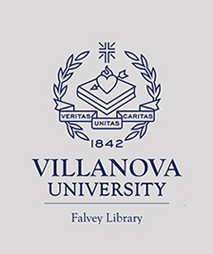Dual Closure a New Tool for Recognizing Thresholds Between Levels of Organization in Big History
##plugins.themes.bihistory.article.main##
Abstract
Big Historians study the development of the universe and how it passed through different phases. A fascinating trend is the historical increase in the complexity of a part of all systems. To analyse this trend, rankings have been proposed with different scientific and pedagogical aims. For example, they rank epochs, regimes, levels of organisation or dynamic domains. As a result of this variation, the number of levels differs between approaches, while the systems ranked at these levels are the result of unequal processes and belong to different overall types. Such diversity invites a re-examination of the fundamentals involved in these ranking processes. Moreover, if rankings are to be predictive, they must be consistent in their logic. To this end, it would be useful to have a sequence of levels that share a common logic.
As such a common logic, and building on existing systems science and hierarchy theory, a new theory called O-theory proposes the use of a process called ‘dual closure’. Each successive dual closure represents a threshold between the old and new types of objects and their respective levels of organisation. In this way a causal logic is obtained, ranking systems from fundamental particles to organisms with brains, all of which are addressed by the generic name of operator. The hierarchy of the operators provides a basic framework that can be used to re-examine existing transdisciplinary classifications and learn more about why they differ in the number of levels they have. It is discussed how big historians might more easily achieve their broad goals if they added the operator hierarchy to their theoretical toolbox.
##plugins.themes.bighistory.article.details##

This work is licensed under a Creative Commons Attribution 4.0 International License.
Authors who publish with this journal agree to the following terms:- Authors retain copyright and grant the journal right of first publication with the work simultaneously licensed under a Creative Commons Attribution License that allows others to share the work with an acknowledgement of the work's authorship and initial publication in this journal.
- Authors are able to enter into separate, additional contractual arrangements for the non-exclusive distribution of the journal's published version of the work (e.g., post it to an institutional repository or publish it in a book), with an acknowledgement of its initial publication in this journal.
- Authors are permitted and encouraged to post their work online (e.g., in institutional repositories or on their website) prior to and during the submission process, as it can lead to productive exchanges, as well as earlier and greater citation of published work (See The Effect of Open Access).



